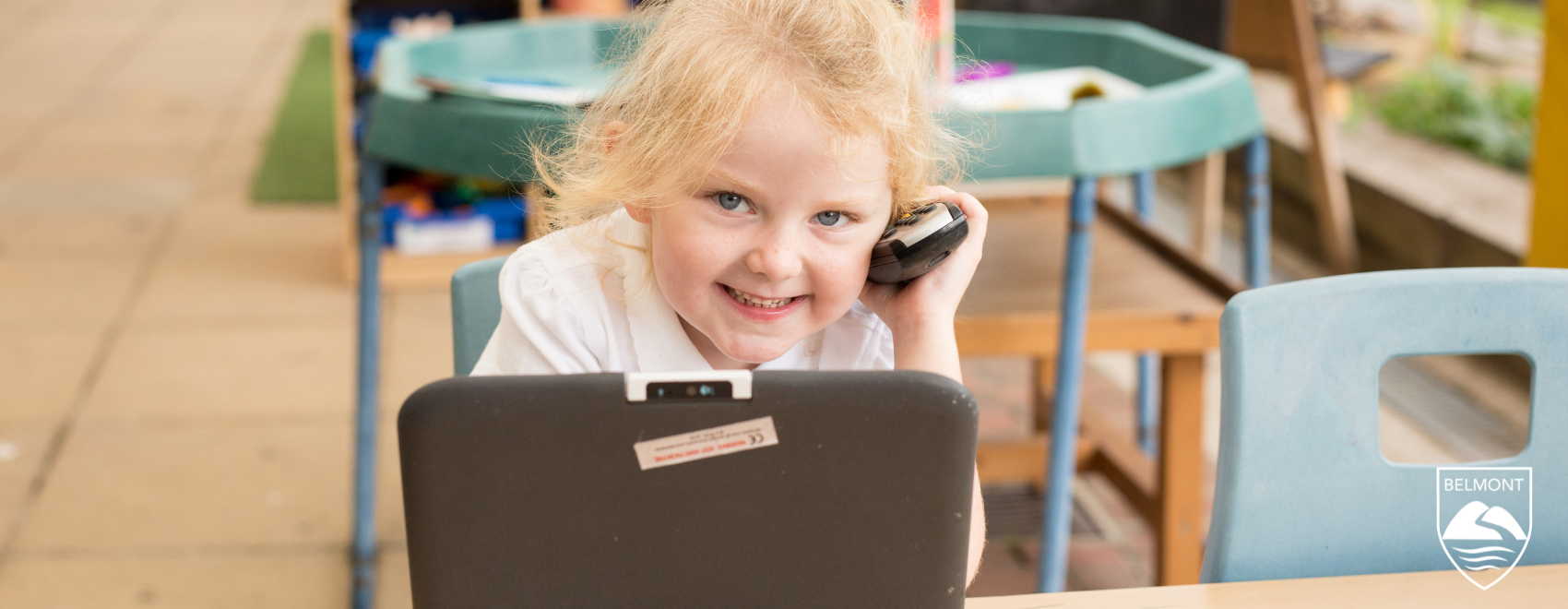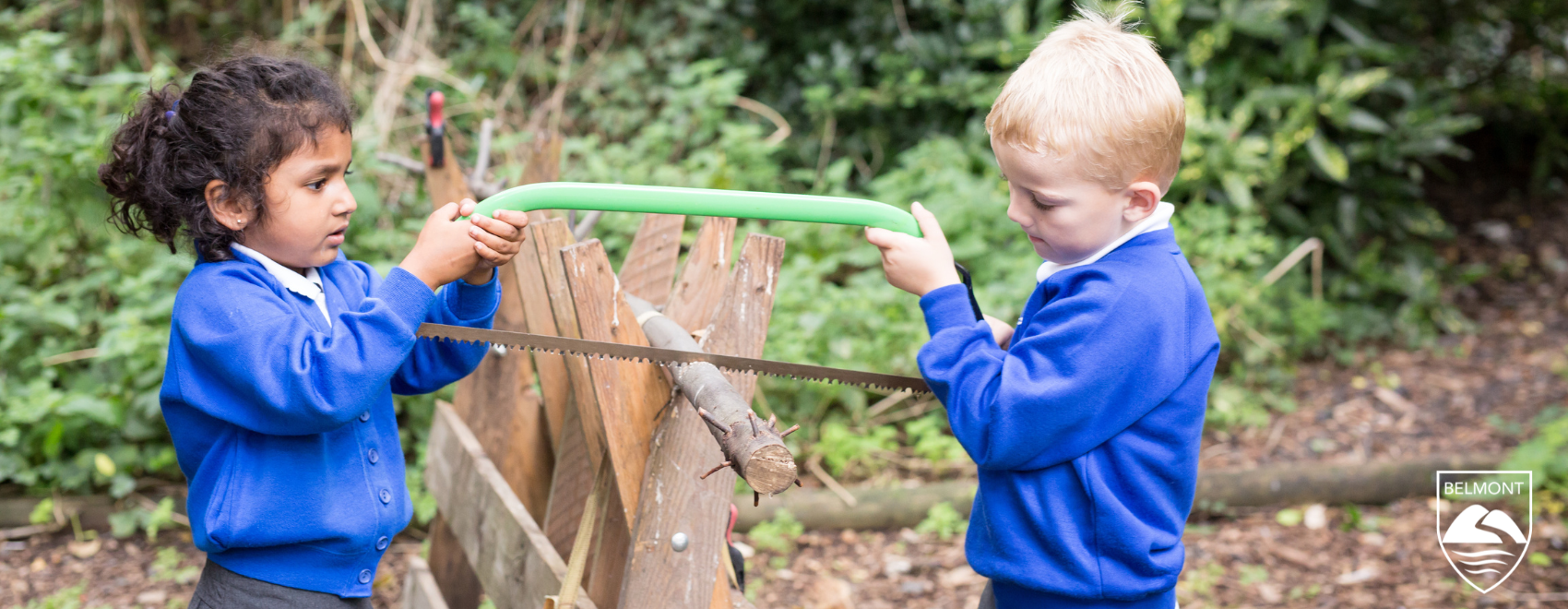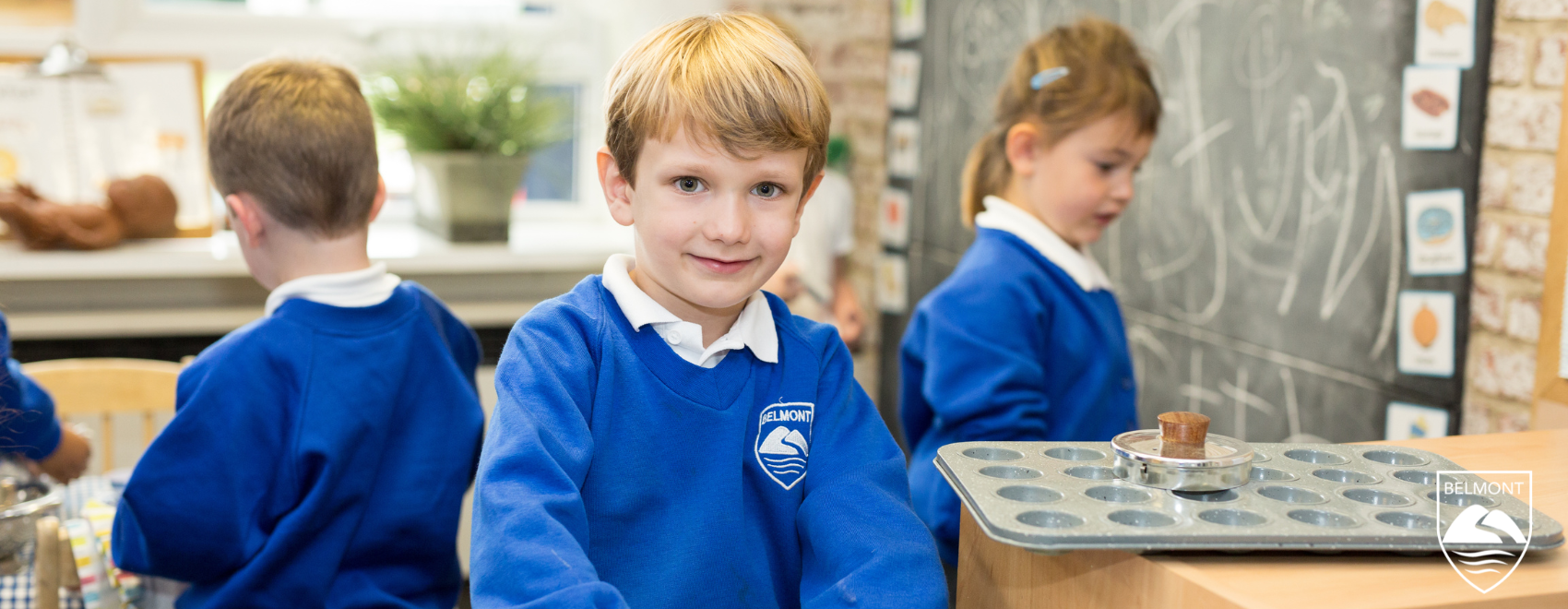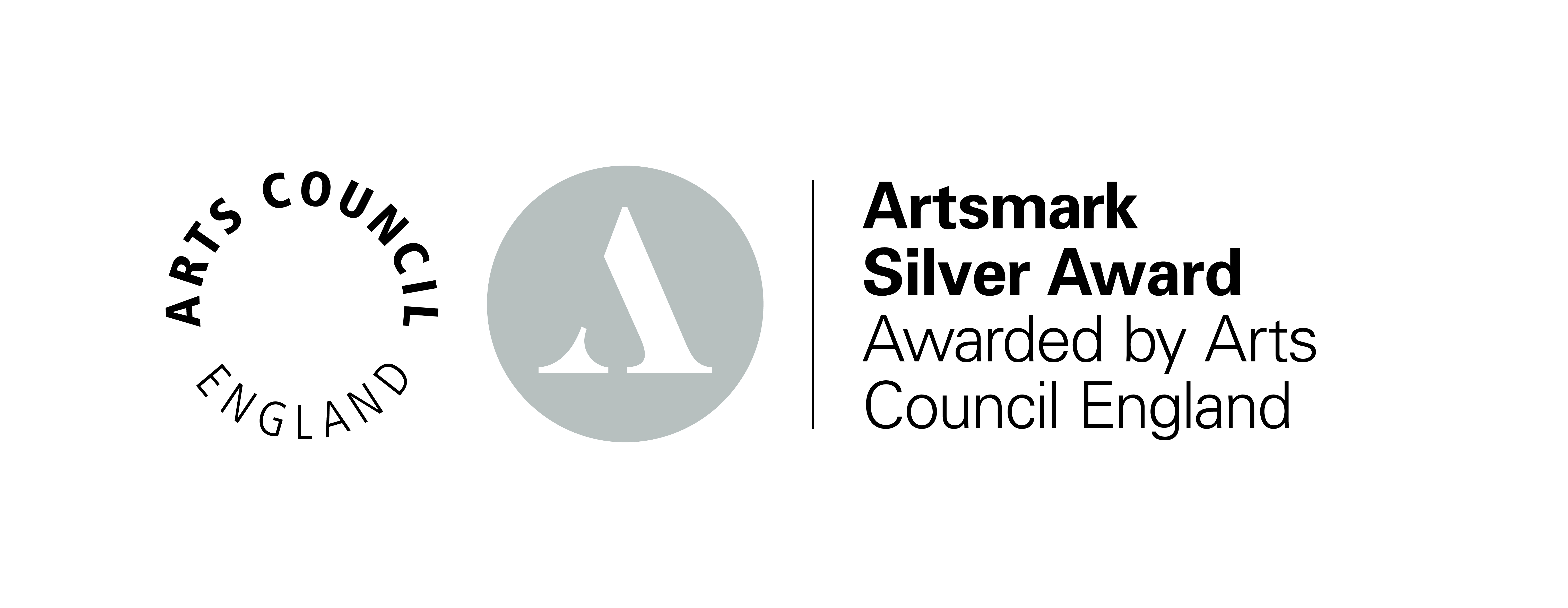MFL at Belmont
Intent
Modern Foreign Languages (MFL) at Belmont aims to develop an interest and thirst for learning other languages and cultures. We aim to introduce the learning of the French language and the understanding of its culture in enjoyable and stimulating ways. Our MFL education fosters children’s curiosity and deepens their understanding of the world. The teaching should enable children to develop confidence and resilience to express their ideas and thoughts in another language and to understand and respond in a respectful way. It should also provide opportunities for them to communicate for practical purposes and learn new ways of thinking. Our aim is to encourage children to relate to the diverse and multicultural society in which they live.
Implementation
- Introduce the learning of the French language
- Learn to recognise, identify and pronounce the common phoneme grapheme correspondences of the language.
- Children have the opportunity to apply their skills through listening, speaking, reading and writing.
- Apply and link knowledge of numbers, words and phrases.
- Practice basic conversational skills in order for their progression to secondary education.
- Develop respect for other languages and cultures beyond those they are exposed to.
- Apply etymology, skills and root words to make connections between similar words from different languages.
- Additional opportunities are offered to children who have particular skills and flare or interest in the subject.
- Rachel Hawkes scheme of learning is followed, which provides quality resources both visually and in an audio format for children to access their learning.
Impact
The intended impact of the MFL curriculum is that:
- Children develop a useful bank of basic conversational skills and knowledge.
- Children compare and contrast the differing phoneme grapheme correspondences of spoken languages.
- Children develop respect and greater awareness of other cultures.
- Apply reading and writing skills to an alternative language, and begin to link this to their own spoken languages.










